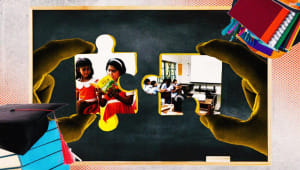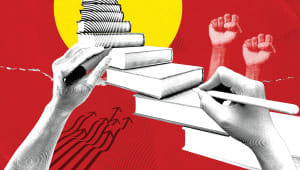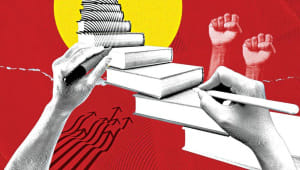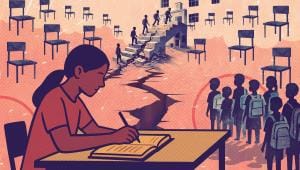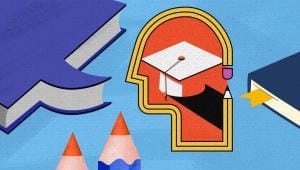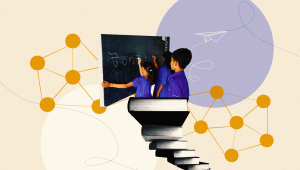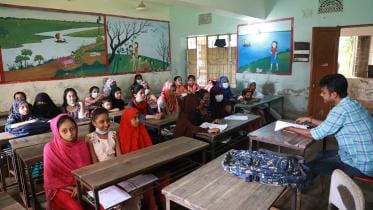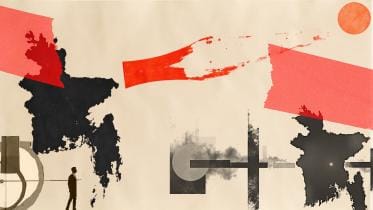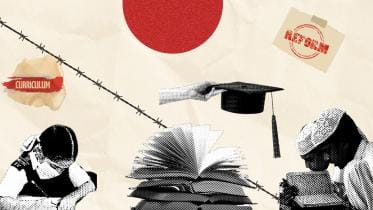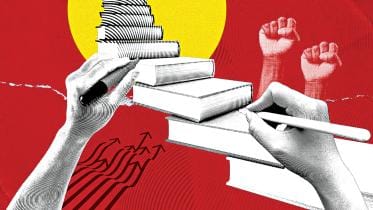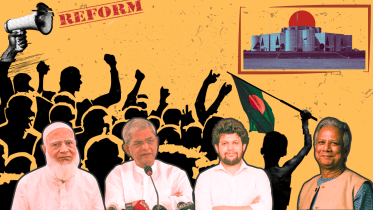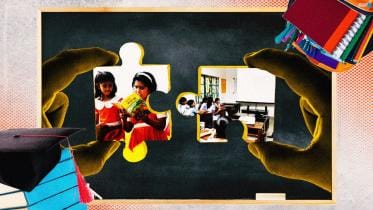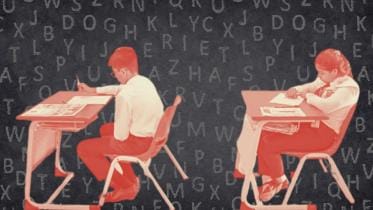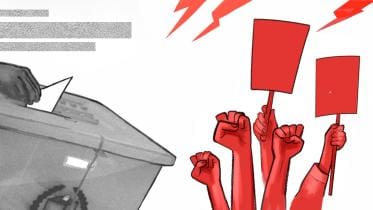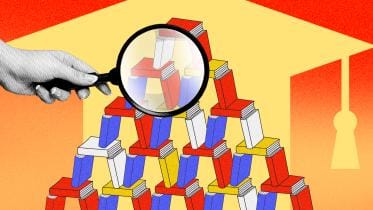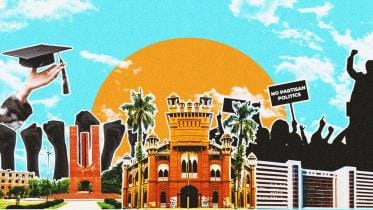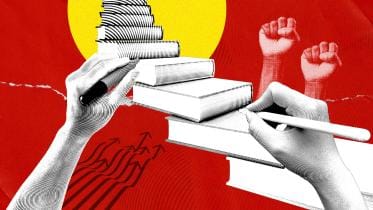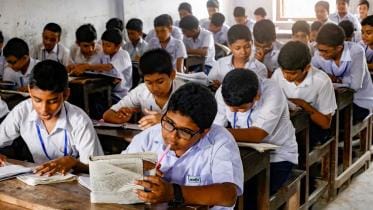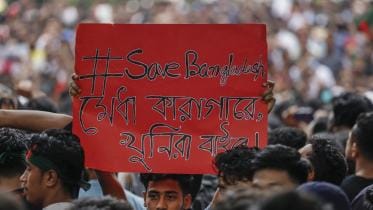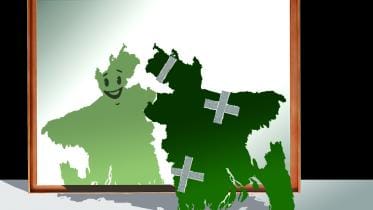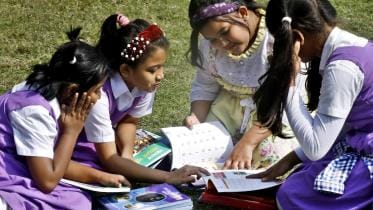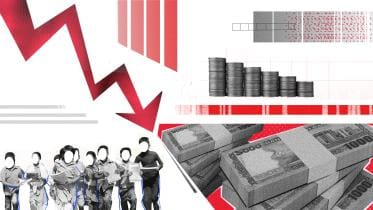Primary teachers’ strike: Is reform stumbling?
Primary school assistant teachers began an indefinite work abstention for higher entry-level pay.
28 May 2025, 02:00 AM
Has the reform drive lost its way?
The interim government need not be too apologetic for its record, but it would be a shame not to make the best of the opportunity history has bestowed it.
13 May 2025, 04:00 AM
Priorities and challenges for the new education adviser
The primary and non-formal education sub-sector reform initiative is a positive but partial move that leaves major education sector concerns unaddressed.
13 March 2025, 02:00 AM
Are myths and misperceptions influencing policymaking?
Are policies and actions regarding preparing young people for work and livelihood influenced by myths and misperceptions about the problems and their workable solutions?
25 February 2025, 18:00 PM
Can we bridge the generational gap and reform our democracy?
Now, the youngsters have embarked on a campaign to reach out to the people in preparation for forming a new political party.
16 February 2025, 06:00 AM
Education deserves a reform commission
Public and media discourse overwhelmingly favours the idea of a reform commission for education.
14 January 2025, 02:00 AM
A school curriculum to nurture thoughtful learners
The education authorities under the interim government have decided to revert to the curriculum introduced in 2012.
5 January 2025, 02:00 AM
Politics, patience and people’s mandate
The interim government must prioritise reforms to elections.
24 December 2024, 02:00 AM
Why is there no education commission yet?
An education commission, chosen with care, can advise the interim government and serve the nation by identifying key areas that need reforms.
4 November 2024, 02:00 AM
What does banning campus politics mean?
A ban on campus politics seems to be an easy answer. But what does it mean and how will it work?
23 September 2024, 02:00 AM
An education memorandum
The interim government has to decide guidelines for the minimum reform targets to achieve, and where to begin.
10 September 2024, 02:00 AM
The education mission for the interim government
Students should have the right to have a role in managing the education and co-curricular activities of their institutions
19 August 2024, 02:00 AM
We must step back from the precipice
If the ruling party leaders don’t understand or pretend not to understand why students are not staying back at home (their campuses and dormitories remain shuttered), we are in much deeper trouble than one could imagine
4 August 2024, 13:26 PM
When a quick buck reigns supreme
The cloud of dystopia thickens as public perception connects the dotted line between pervasive corruption, greed, inefficiency and ineptitude.
24 July 2024, 08:00 AM
Can the latest school census data help curb dropout?
We cannot continue to keep primary and secondary education in discrete boxes and try to plan and manage these separately.
1 July 2024, 04:00 AM
Education budget: A futile debate achieving little
The new budget can be described as a “crisis response”
11 June 2024, 10:30 AM
We need a universal school education programme
Two observations are pertinent here. Primary education up to class VIII as a compulsory and universal stage of education is a 50-year-old idea broached first in 1974 Qudrat-e-Khuda Commission report and reiterated in Education Policy 2010.
26 May 2024, 02:00 AM
Why student evaluation in the new curriculum is most challenging
The National Curriculum and Textbook Board (NCTB) has proposed a new evaluation method for secondary and higher secondary students that will require students to sit for five hours of testing for each subject: four hours of “practical” group work and an hour of “theoretical” written test. Three s
8 May 2024, 02:00 AM
How much you can pay decides what education your child gets
After three decades since the primary education pledge was made, the cost of a child’s education remains a heavy burden for some 80 lakh households.
17 April 2024, 02:00 AM
How do we deal with Covid-induced school dropout?
The new Education Watch study provides new insights on how to recover the education sector from the pandemic's impact.
31 March 2024, 01:00 AM




